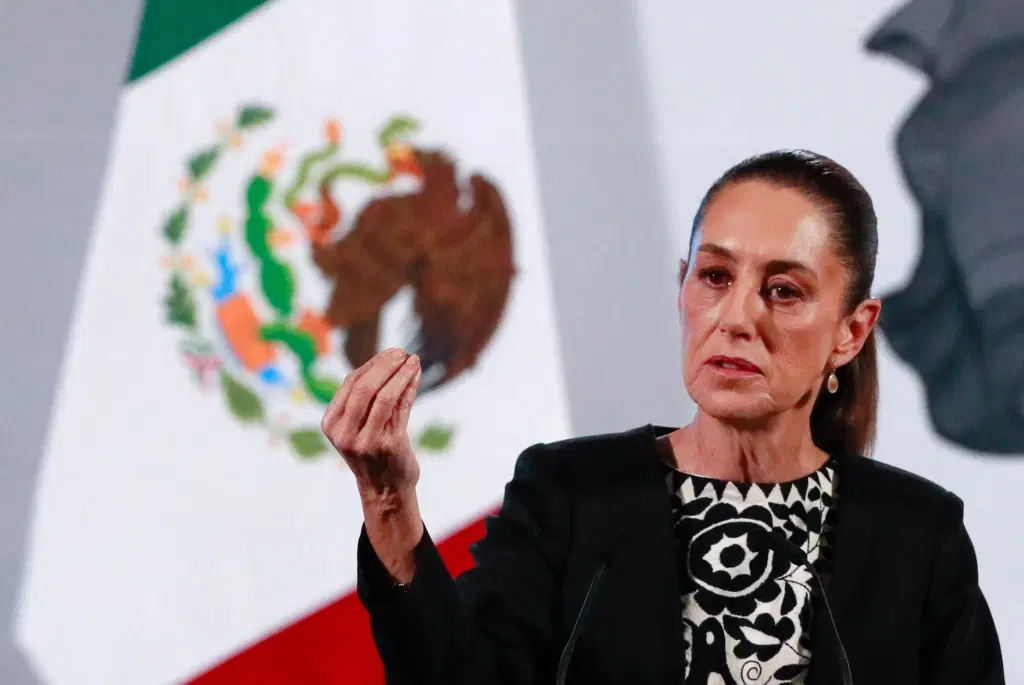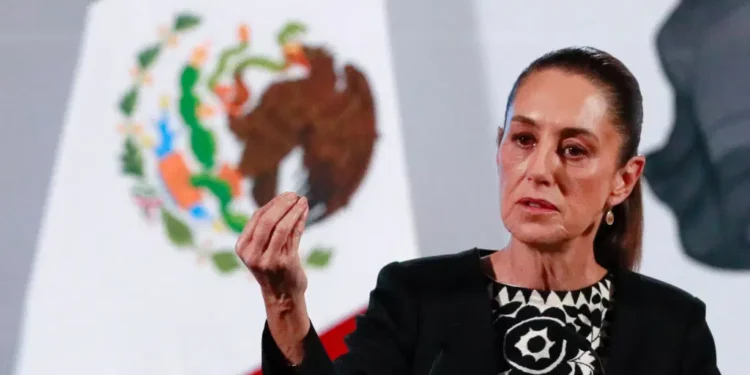Peru’s Congress has escalated a bitter diplomatic feud by voting to declare Mexican President Claudia Sheinbaum persona non grata, formally branding her an “unwelcome person” in the country.
The 63-33 vote on Thursday is the latest retaliatory measure after Peru severed diplomatic ties with Mexico earlier this week. The rupture was triggered by Mexico’s decision to grant asylum to Betssy Chávez, a former Peruvian prime minister facing charges for her alleged role in ex-President Pedro Castillo’s 2022 attempt to dissolve Congress.
Peruvian legislators accused President Sheinbaum of “interfering in Peru’s internal affairs” and, during the vote, made unsubstantiated claims about her having ties to drug trafficking. The declaration is largely symbolic but marks a severe diplomatic condemnation.

The crisis has been building for years. Peru expelled Mexico’s ambassador in 2022 after it granted asylum to Castillo’s family, and a congressional committee had previously proposed declaring Sheinbaum persona non grata last September for her support of Castillo.
Why It Matters
Peru’s declaration is the diplomatic equivalent of slamming the door and locking it. By taking the extraordinary step of labeling a sitting head of state persona non grata, Peru’s Congress is not just expressing disapproval; it is formally and publicly shaming Mexico’s president for what it sees as a pattern of hostile interference.
This move, rooted in the deeply contentious asylum of a political figure, reveals a raw nerve in Latin American politics: the conflict between the principle of diplomatic asylum and the sovereignty of a nation dealing with an internal political crisis.
Peru is drawing a hard line, asserting that Mexico’s actions have crossed from neutral diplomacy into active support for those it considers threats to its democratic order. This symbolic vote effectively freezes any possibility of reconciliation, cementing a deep regional divide.

















